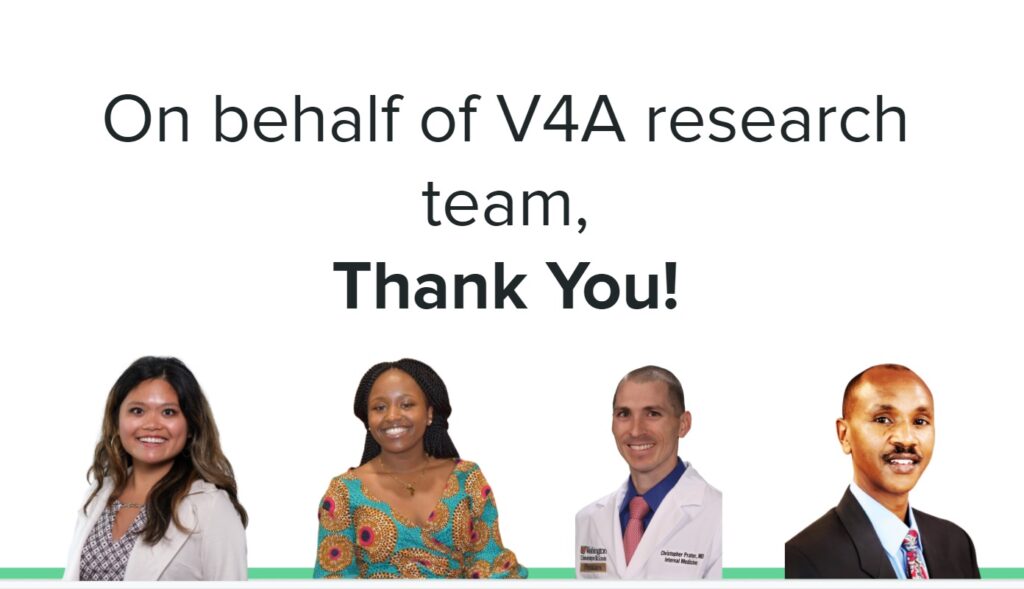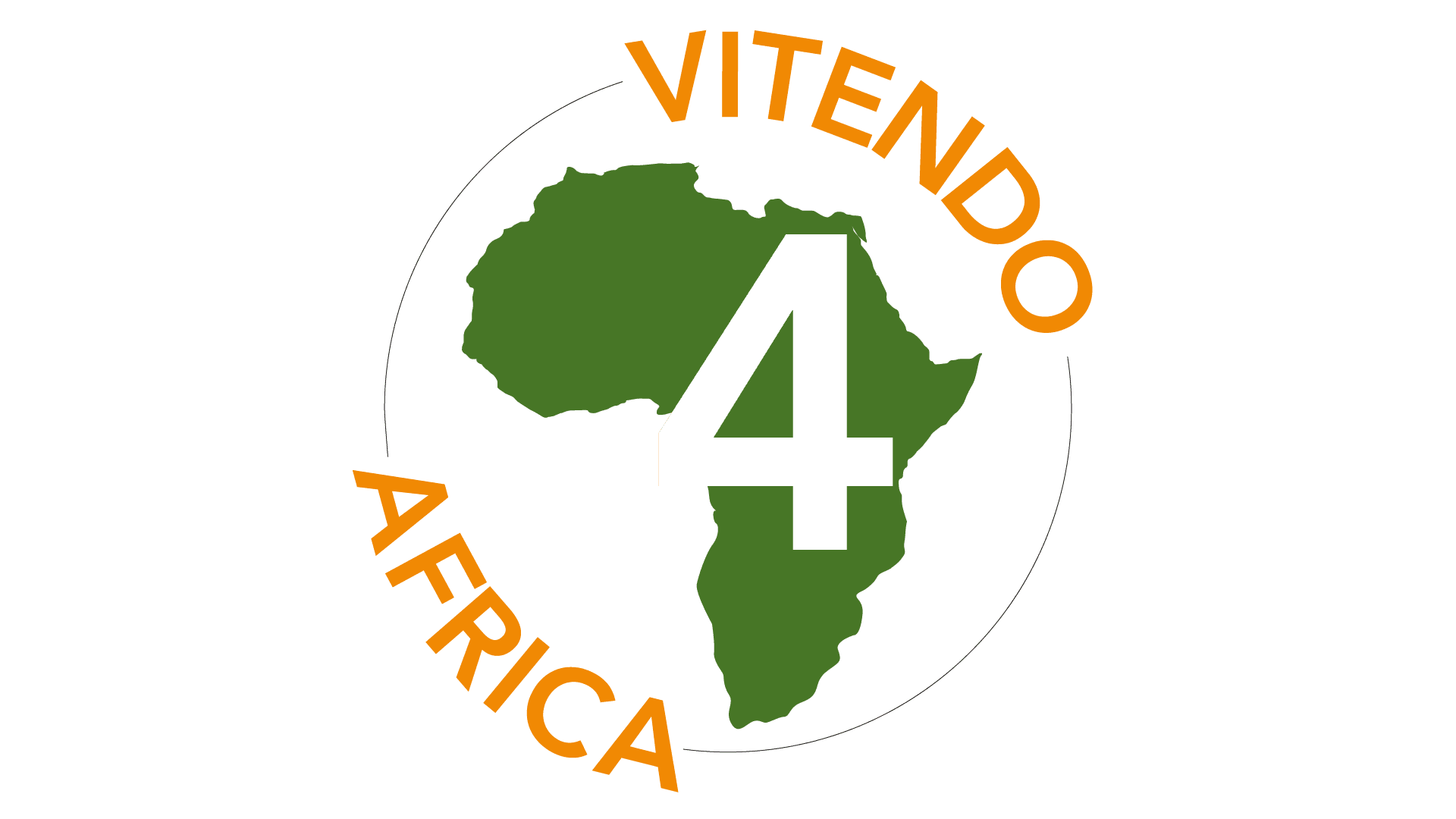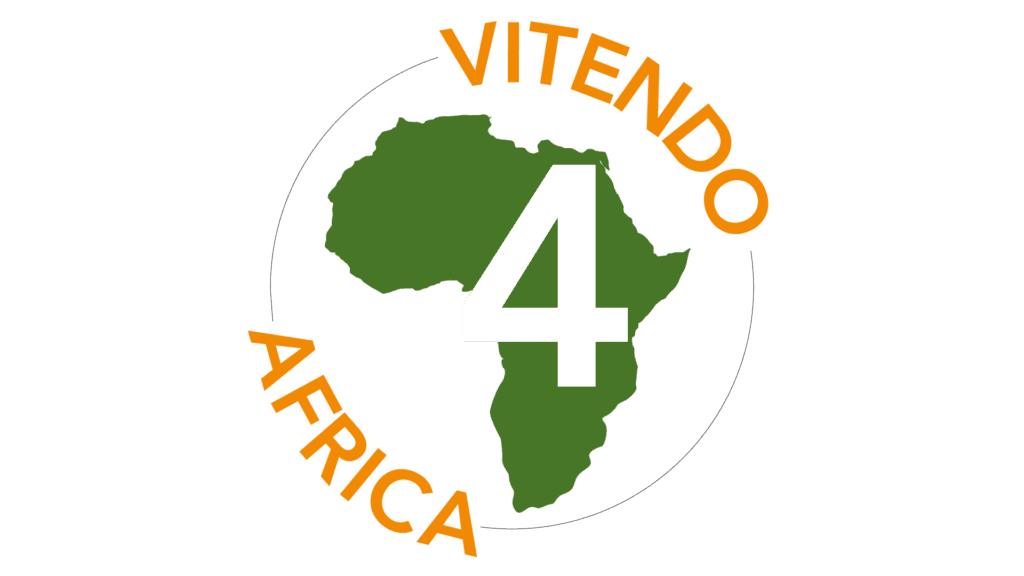Abstract
COVID-19 disproportionately infects people of color including African Americans and Hispanics, however, there is little data regarding the pandemic’s impact within immigrant groups in the United States (Greenaway et al., 2020). Vitendo4Africa (V4A) is a non-profit organization in St. Louis, MO rooted in welcoming, connecting, and empowering healthier immigrants through educational programs, health services, and community support. This study utilizes a survey to assess risk factors of COVID-19 along with the impact of a community organization within the St. Louis African immigrant population as part of V4A.
Of the 77 survey respondents ages 25-74 years old, 88.3% (N=68) identified as African immigrants primarily from Kenya (N=50), 7.8% (N=6) identified as African Americans, and 3.9% (N=3) identified with “other.” For those employed, 77.3% (N=51) are essential workers with 69.7% (N=46) unable to work from home. Furthermore, 36.3% (N=28) live in a household of 5 persons or more and 33.8% (N=26) have been diagnosed with at least one underlying medical condition including hypertension, diabetes, obesity, chronic lung disease, cardiovascular diseases, and cancer. These factors suggest increased risk of infection and transmission within the St. Louis African immigrant population.
Responses to open-ended questions revealed many identifying with V4A as a source of social support, credible information and education shared through virtual forums, and resources related to vaccine awareness and COVID-19 prevention. This demonstrates continued need for support for local organizations within immigrant communities to foster social connectedness and address health disparities due to established trust and understanding of culturally-appropriate mechanisms of resource delivery.
Presenter
-
Christina Vivit - Vitendo4Africa
Authors
-
Geoffrey Soyiantet - Vitendo4Africa
-
Christopher Prater - Washington University
-
Sally Gacheru - Saint Louis University
Learning Areas
-
Advocacy for health and health education
-
Assessment of individual and community needs for health education
-
Diversity and culture
-
Planning of health education strategies, interventions, and programs
-
Program planning
-
Protection of the public in relation to communicable diseases including prevention or control




